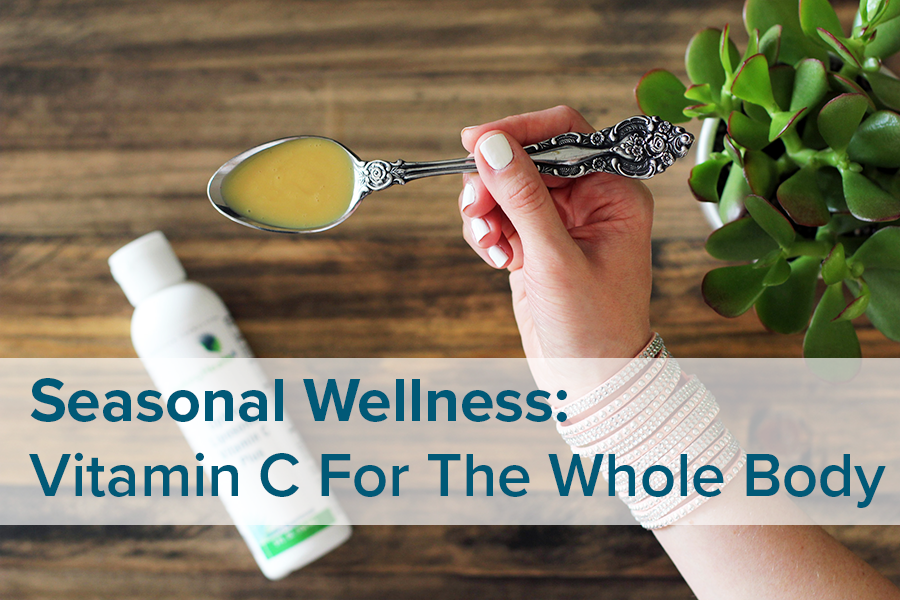
800-547-9812
800-547-9812
800-547-9812
800-547-9812

The best things for optimal seasonal wellness are cheap or free. Love from nurturing relationships. A clean diet that limits not only white sugar but other sweeteners too (even honey and dates). High quality, consistent sleep. Filtered water, though this does require a water filter which may or may not be cheap (here’s to hoping you already have one). Exercise. Emotional connectedness to both your pain and your joy.
These things I just named are basic, but the basics matter. They are the backbone of your wellness, the thing on which you stand when the cold virus is coming to get you.
You can build a healthy foundation without taking a supplement in the simple day-to-day lifestyle choices you make. This is where you begin for optimal seasonal wellness. You put in the work.
Then, you can consider a supplement to step up your seasonal wellness game a solid notch or two. Let’s not use supplements to make up for poor lifestyle choices that do not build our health.
You probably already have vitamin C in your seasonal wellness arsenal, since everyone and their grandmother know about its connection to seasonal wellness. This is not invalid – vitamin C has been found to decrease the severity and duration of the common cold. That duration piece is key, considering how grumpy people get when their cold drags out to Day Ten. (1)
Of course, vitamin C is not the only supplement for your seasonal wellness arsenal. Hopefully you have a multivitamin, elderberry, and probiotics in there too.
Seasonal wellness isn’t about sneaking through cold and flu season unscathed, although that would be kind of fabulous.
Our focus should be on our total health. All of us.
And that is exactly why I LOVE vitamin C for seasonal wellness. It lends a helping hand not only to the immune system but also the nervous, cardiovascular, and musculoskeletal systems. It even supports skin health!
Vitamin C is a powerful antioxidant, one that humans cannot make on their own. We have to get it from food or supplementation. With its antioxidant superpowers, vitamin C can regenerate vitamin E and recycle glutathione, restoring antioxidant function in the body (vitamin E and glutathione are also antioxidants). If only vitamin C could save the earth with all these special powers: regenerate, recycle, restore!

Supporting your adrenal glands is another thing that vitamin C can do. Imagine that! I’m still fascinated by this connection because I did not learn about it in naturopathic medical school. It is a gentle intervention though. There are stronger, more potent adrenal supplements. But you should always start with the gentlest things first and then move up the totem pole.
Seasonal wellness includes mental wellness, and this is especially important in the darker winter months. Vitamin C can support mental well-being. Any time there is increased stress, depression, or anxiety, the body’s need for antioxidants goes up.
Vitamin C also promotes brain health. The human brain contains a higher amount of vitamin C than most organs in the body.
Collagen production is another important role of vitamin C. Not only is collagen found in the musculoskeletal system but it is also found in blood vessels and the neural sheath surrounding neurons.
Lastly, vitamin C is involved in carnitine synthesis. Carnitine is food for the mitochondria. You know what that means? Vitamin C for mitochondrial health! The mitochondria are the organelles in your cells responsible for energy production.
See what I mean when I say that vitamin C supports the whole body?
Regular vitamin C is usually found in pill or powder form as ascorbic acid. Ascorbic acid is another name for vitamin C. They are the same thing.
Vitamin C is water soluble and often paired with bioflavonoids. The combo of bioflavonoids and ascorbic acid is closer to how vitamin C is found in nature. They have a synergistic effect on each other.
Liposomal vitamin C is a special form of vitamin C, where the water-soluble vitamin C is in the core of a little fat ball. The fat ball is the liposome.
The outside of the fat ball is lipophilic, meaning that it loves fat. The inside of the fat ball is hydrophilic, meaning that it loves water.
Because vitamin C is water soluble, it goes to the core of the fat ball, or liposome to use correct terminology. Seeking Health’s Liposomal Vitamin C uses a phospholipid complex for the outer fatty layer.

There is something particularly special about the liposome – it is similar in structure to the body’s cell membranes. This enables it to interact differently with cell membranes in the body. Liposomal vitamin C can absorb in locations where the straight-up water-soluble form cannot.
The only time where liposomal vitamin C may not work as well is if you have fat malabsorption issues. If that is the case, then you may want to stick with regular vitamin C. Although this shouldn’t be too big of a deal if you are using high quality liposomal vitamin C.
If you’re curious about liposomal vitamin C, check out these two-different liposomal vitamin C products: Liposomal Vitamin C and Liposomal Vitamin C Plus.
Optimal Liposomal Vitamin C Plus is a new product, an amped up version of Optimal Liposomal Vitamin C, that contains bioflavonoids and rose-hips. Rose hips are packed full of beneficial compounds: vitamin C, carotenoids, flavonoids and phenolic compounds.
These beneficial compounds found in rose hips may help support the antioxidant activity of vitamin C.†
-Dr. Archer Atkins, ND
Leave a comment